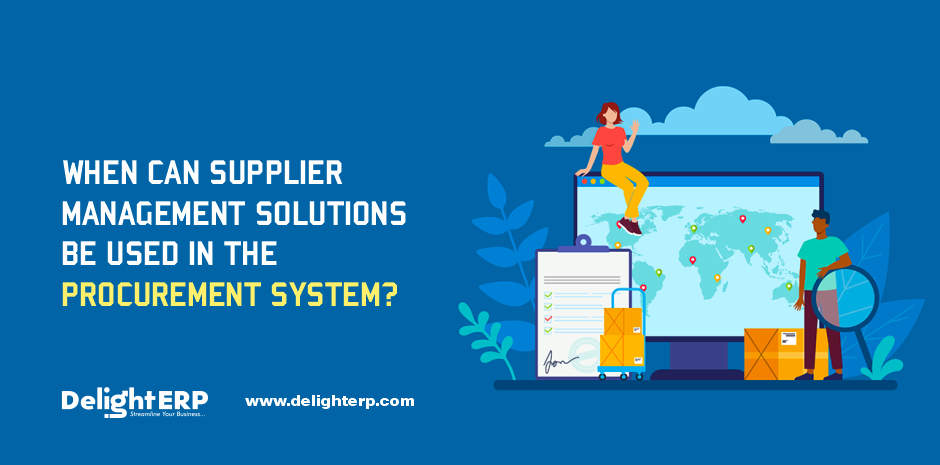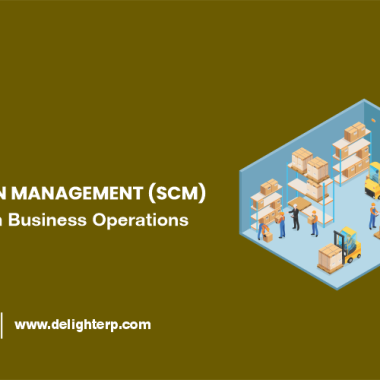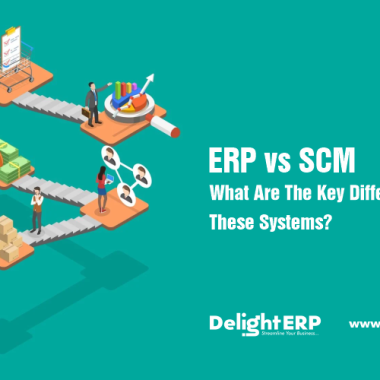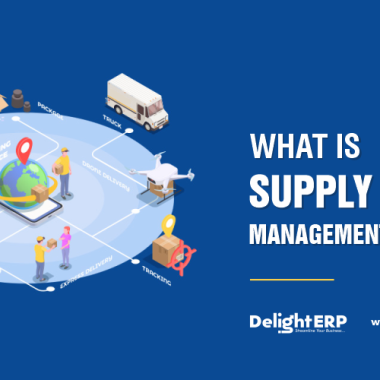Introduction
In today’s commercial sector, there are a lot of difficult challenges that businesses must deal with daily. Using supplier management solutions in the procurement system organization can reduce the cost.
Every corporation enters the market with a single purpose in mind. It is also to boost revenue. They optimize their profits by lowering the cost of raw materials and operating expenses.
Several organizations are faced with the problem of overstocking. As a result, they will be able to raise the cost of manufacturing. The organization wasted the materials while overstocking. That’s why they need to be careful while purchasing the materials.
Businesses will not achieve their desired aim even if they keep stock and boost sales. In addition, they are not expanding their revenues in comparison to their competition. The reason for this is that other companies are better at managing their procurement. On the other hand, a business may be unable to manage procurement successfully.
What is the procurement system?
Procurement is a vital part of the business process for purchasing raw materials or goods that will be used in the manufacturing process.
The purchasing departments of businesses can purchase things from a variety of vendors. They can also pay according to the product’s quality, quantity, after-sales services, delivery time, etc.
All of this functionality can increase or decrease the cost of purchasing things. Businesses can spend excessive amounts of money to achieve higher quality. Many times, they can purchase vast quantities of products simply because suppliers provide a significant discount. However, while this activity through companies gets a discount, it also allows them to overstock materials.
As a solution, businesses require a system that allows them to simply manage the procurement process. Businesses can better manage their procurement systems and save money. Because organizations compare different orders from vendors while utilizing the software. As a result, they can choose the most relevant offers. In a competitive market, this method assists businesses in lowering costs and increasing profits.
Companies can also enhance their relationship with their vendors and manage their procurement system more easily by adopting ERP (Enterprise Resource Planning) software.
What supplier management solutions?
Maintaining a positive relationship with one’s suppliers is critical for any business. Organizations can receive up-to-date information while retaining their relationship with their supplier.
This data allows the company to stay informed about supplier offers, payment, and delivery, among other things. As a result, the company can deploy software that allows them to simply control the supply chain system.
Furthermore, by utilizing the supplier management solution, the business and the supplier were able to effectively communicate with one another. Even organizations can keep track of their materials, such as when they bought them, how much they paid for them, etc. Businesses can integrate supplier data with procurement data.
Benefits of supplier management solutions
While utilizing the supplier management solution organization can get the following benefits.
Risk information for better decision making
Businesses face risks when their buyers do not have proper details regarding their products. But while utilizing the supplier management solution organization provide the proper information regarding their products and delivery system. As a result, organizations’ buyers can make proper decisions. When business buyers are well-informed, they are less likely to make decisions that put their businesses in danger.
Supplier lifecycle management
The most important benefit of supplier lifecycle management is to integrate with procurement. From supplier selection to relationship completion, supplier lifecycle management (SLM) is an end-to-end approach to managing higher-value or strategically significant suppliers.
These processes help the organization to timely deliver the products. And they can reduce the risk of overstocking materials. As a result, they can reduce the cost of production and increase revenues.
Also Read: What Is Supply Chain Management (SCM)?
Analyze competitors activity
Using the supplier management solution businesses can keep their whole purchasing and selling data. As a result, they can generate the reports as per their old data. As a result, they can analyze their market. As well as they can compare their data with their competitors’ sales. As a result, organizations can be aware of their market and build the strategies through which they can improve their marketing strategies.
Manage supply chain
A unified supply chain allows buyers to reduce the number of vendors from which they buy, streamlining the purchasing process and simplifying budgeting. While managing the supply chain organization can deliver the materials at the decided time. As a result, they can maintain the relationship with their consumers.
When supplier management solutions are used in the procurement system?
Strategic procurement begins with identifying and qualifying suppliers. It entails gathering, analyzing, and monitoring supplier data to ensure that vendors follow company policies. Internal and external surveys, as well as self-service profiles, can be used to collect important supplier qualification information with procurement management software. Also, help the businesses assess supplier qualifications, risk considerations, and policy compliance to find the best vendors.
Procurement teams may manage supplier relationships more effectively with the help of cloud-based technology. When designing and drafting negotiation documents, use integrated social messages to improve collaboration and achieve corporate consistency. Receive notifications when new information on supplier management, capabilities, or risk factors becomes available. Suppliers and procurement teams may see current and upcoming sourcing activity in real-time.
Any procurement management system’s core function is supplier management. It enables companies to find, engage, manage, and analyze the suppliers with and with whom they do business. This module may include the following:
- The information on suppliers in the form of a database, which includes transactional and order history, a buying catalog, qualifications, policy compliance, payment information, etc.
- Onboarding and management of suppliers, such as tracking the status of orders and payments, delivery schedules, etc.
- Supplier management notifications, such as risk factors, supplier competencies, and so on.
- Analytics on supplier performance are used throughout the supplier lifecycle management process.
Also Read: What Is Production, Planning, Quality And Control?
Conclusion
Procurement management is critical to any company’s success. Organizations can also successfully manage the procurement process by implementing a supplier management solution. As a result, businesses can lower their risk and maintain a reliable relationship with their suppliers.
So, what are you waiting for…Contact us and schedule a FREE DEMO with our experts and streamline your business.





